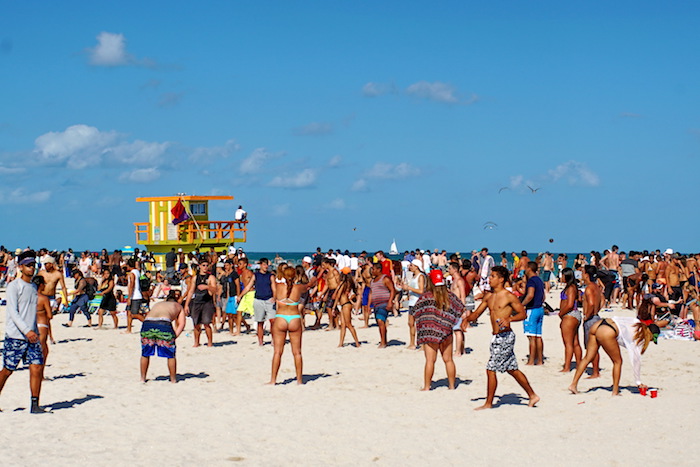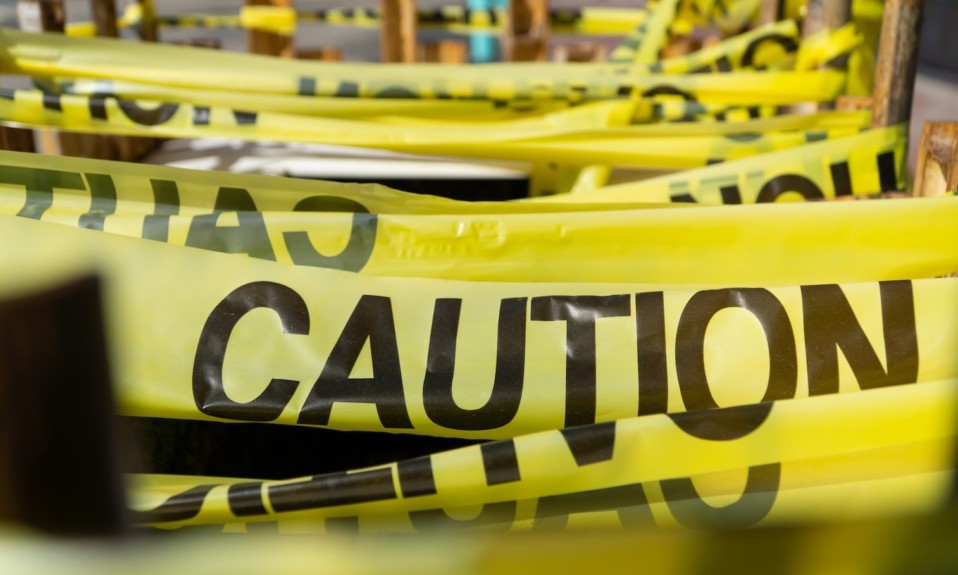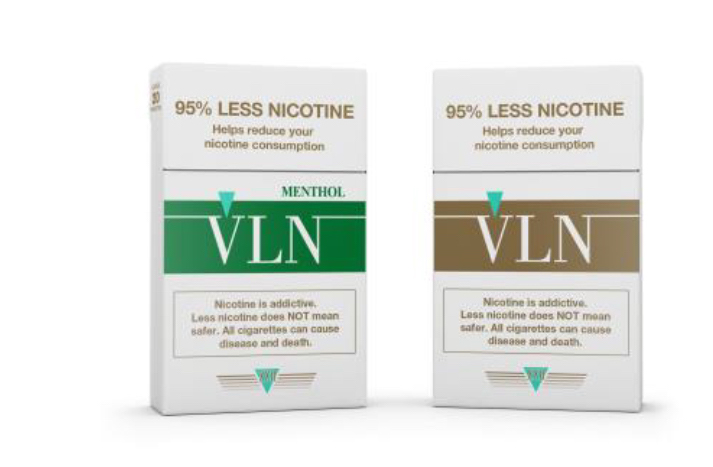Several college students OD’d in Florida last week on cocaine reportedly laced with fentanyl, underscoring the heightened dangers of adulterated drugs during this party-heavy time of year
By Jason Langendorf
A group of students visiting Florida’s Fort Lauderdale area on spring break last week overdosed on what was reported to be cocaine laced with fentanyl—an ominous sign of the times.
Seven students, several of whom were confirmed to be West Point cadets, were vacationing at a rental home in Wilton Manors and overdosed on March 10. Emergency responders administered the overdose reversal drug naloxone to each. All were eventually transported to area hospitals, and two reportedly remained on ventilators the following day.
An official said two of the students who overdosed were exposed after administering CPR on other victims, not because they used the drug themselves. Experts, however, have been dubious about similar “exposure” claims in the past.
The synthetic opioid [fentanyl], which is far more potent than morphine and heroin, has found its way into the supply of many other substances—either inadvertently or, in some cases, deliberately.
Still, there is little doubt that drugs adulterated with fentanyl are a grave danger. The synthetic opioid, which is far more potent than morphine and heroin, has found its way into the supply of many other substances—either inadvertently or, in some cases, deliberately. Too often, people who use simply aren’t aware of what they’re taking.
As Fort Lauderdale Fire Rescue Battalion Chief Stephen Gollan told Miami’s WSVN-TV: “It brings great concern there could be more ODs over the next couple of days, just basing what we are seeing with the fentanyl we saw that was here this evening.”
A Perfect Storm?
With thousands of young people descending on locations such as South Florida to soak up fun, sun and, in some cases, substances they purchase locally, spring break season can create a particularly dangerous set of circumstances. Gollan, who said he has witnessed an increase in overdose cases in his area lately, wasn’t the only Florida official to express concern for spring breakers in the coming weeks.
“I am asking students to take precautions. … Taking just one counterfeit pill laced with this synthetic opioid can kill.”
—statement from the Florida attorney general
On March 8—two days before the Wilton Manors overdoses—the Florida Attorney General’s office issued a news release warning spring breakers of the danger of adulterated street drugs. “I am asking students to take precautions,” Attorney General Ashley Moody said in the statement. “Deadly fentanyl from Mexico is flooding the illicit drug market, and taking just one counterfeit pill laced with this synthetic opioid can kill.”
One effective countermeasure is the use of testing strips, which are designed to detect substances such as fentanyl in street drugs. Cheap, fast-working and widely available from harm reduction organizations, testing strips can go a long way toward saving lives—particularly those of vacationers buying illicit drugs from unfamiliar sources.
However, not one day after the seven students overdosed, the Republican-dominated Florida House of Representatives voted against the decriminalization of fentanyl test strips in the state. The timing illustrates how out of touch certain policymakers are with what’s happening on the street. “I mean, these kids don’t know what they’re getting,” Dana Fumosa, who lives near the Airbnb the cadets rented in Wilton Manors, told WSVN. “They’re just here from out of state. They don’t know the area.”
Photo: Shutterstock














